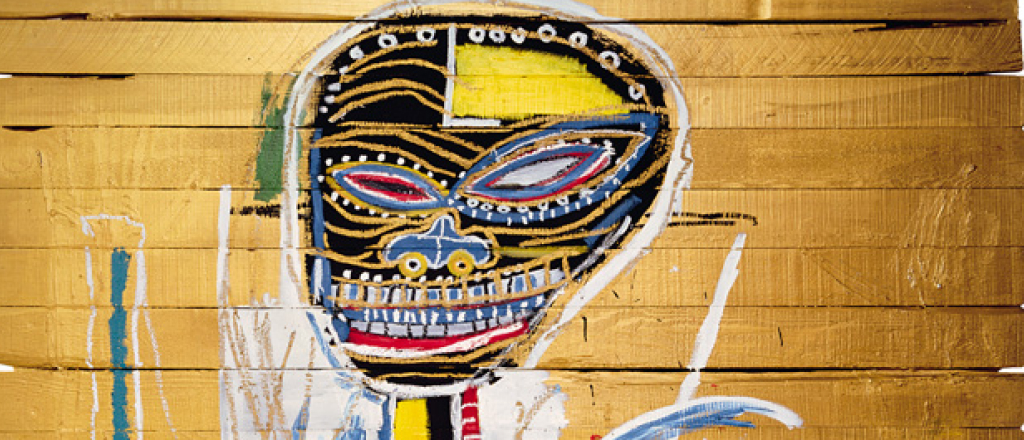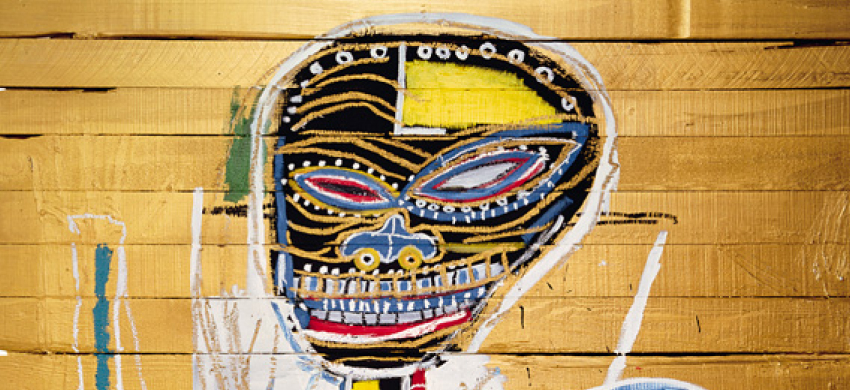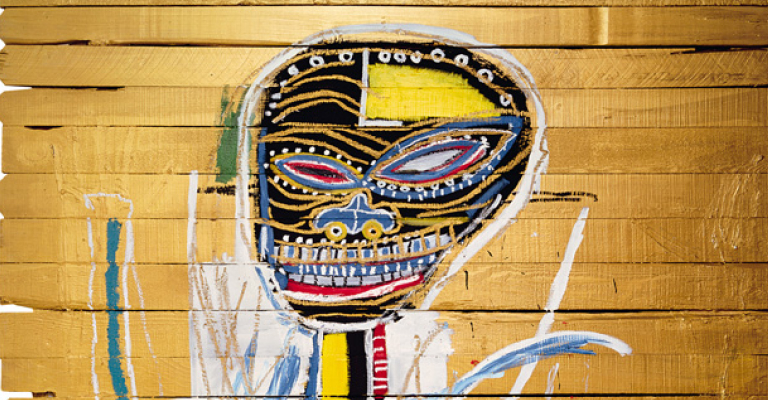MODERN SOCIAL THOUGHT: YEAR 2
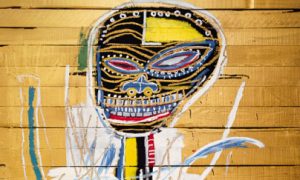
This second-year course builds on the first-year courses: Comparative Social Inquiry and Philosophy and Political Thought 1 and 2. Students encounter the foundational figures of modern social theory such as Marx, Weber, and Durkheim in dialogue with feminist and postcolonial interventions, and new directions such as the post-human and the Anthropocene.
Course Information
This course introduces students to foundational figures of modern social thought and explores the ways in which their writings have been taken up in contemporary social analysis and political practice in different parts of the world. Students are introduced to one of the first works of social theory by Ibn Khaldun. They then immerse themselves in the complex ideas and systematic visions of major social thinkers such as Alexis de Tocqueville, Karl Marx, Emile Durkheim, Max Weber, and Michel Foucault, theorists often acknowledged as exemplary of the explanatory power of modern social theory. However, this course is not about lionising these figures. We critique these theories just as much as we learn from them. Thus, the course also grapples with several other characteristically modern developments including (a) the revolution in thought and practice ushered in by feminist activists and thinkers such as Mary Wollstonecraft, Simone de Beauvoir, and Saba Mahmood; (b) the critiques of the racism inherent in modernity by activists and thinkers such as Sojourner Truth, Frederick Douglass, and W.E.B. Du Bois; and (c) the provincialising of European understandings of society and the articulation of very different modes of modern social theory put forth by activists and thinkers such as Dadabhai Naoroji, Syed Hussein Alatas, Frantz Fanon, Fei Xiaotong, Edward Said, Ashis Nandy, and Donna Haraway, among others.
Sample Reading List
The Rise of the Social: Ibn Khaldun and Alexis de Tocqueville
- Ibn Khaldun 1378, The Muqaddimah: An Introduction to History
- Alexis de Tocqueville 1835, Democracy in America
Challenges to Tocqueville: Women’s Rights and Anti-Slavery Activism
- Olympe de Gouge 1791, Declaration of the Rights of Women
- Elizabeth Cady Stanton and Lucretia Mott 1848, The Seneca Falls Declaration of Sentiments
- Sojourner Truth 1851, Ain’t I A Woman
- Jean-Jacques Rousseau 1762, “Educating Women to Serve the Family and to Please Men”
- Mary Wollstonecraft 1792, A Vindication of the Rights of Women, Oxford University Press
- Fredrick Douglass 1852, “What to the Slave is the Fourth of July”
- Sitting Bull, Tatanka Yotanka 1901 1882, Remarks to a Journalist
- Anna Julia Cooper 1892, “What Are We Worth?”, in A Voice From The South
- E.B. Du Bois 1903, “Of Our Spiritual Strivings”, in The Souls of Black Folk
Marx: Historical Materialism; Value and the Logics of Capital
- Karl Marx, Economic and Philosophic Manuscripts of 1844; German Ideology; Capital.
- Karl Marx and Friedrich Engels, The Communist Manifesto
- Syed Hussein Alatas 1977, “The Image of Indolence and the Corresponding Reality”, in The Myth of the Lazy Native
- Dadabhai Naoroji 1901, Poverty and Un-British Rule in India
- Karl Marx 1853, On Imperialism in India
Durkheim: Forms of Social Solidarity
Weber: The Protestant Ethic and the Spirit of Capitalism
No Excuses: Existentialism and the Burden of Freedom
Feminist Social Thought II – Second Wave Feminism
- Simone de Beauvoir 1949, The Second Sex
Anti-colonialism I – Frantz Fanon
- Franz Fanon 1963, The Wretched of the Earth
Fei Xiaotong and the Differential Mode of Association
- Fei Xiaotong 1948, From the Soil: The Foundations of Chinese Society
Foucault: Power, Discipline and Docility
- Michel Foucault 1978, History of Sexuality: An Introduction
Gender and Postcolonial Theory
- Edward Said 1979, Orientalism
- Joan Scott 2005, “Symptomatic Politics: The Banning of Islamic Head Scarves in French Public Schools”, French Politics, Culture and Society 23(2)
- Saba Mahmood 2001, “Feminist Theory, Embodiment, and the Docile Agent: Some Reflections on the Egyptian Islamic Revival”, Cultural Anthropology 16(2)
Beyond the Human
- Sophie Chao 2018, “In the Shadow of the Palm: Dispersed Ontologies among the Marind, West Papua”, Cultural Anthropology 33 (4)
- Anna Tsing 2012, “Unruly Edges: Mushrooms as Companion Species”, Environmental Humanities 1 (1)
- Donna Haraway 2016, “Making Kin: Anthropocene, Capitalocene, Plantationocene, Chthulucene”, in Staying with the Trouble: Making Kin in the Chthulucene
Featured Teaching Faculty
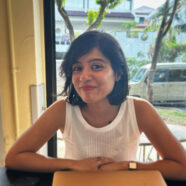






Contributing Faculty
- Barney Bate
- Nomi Lazar

